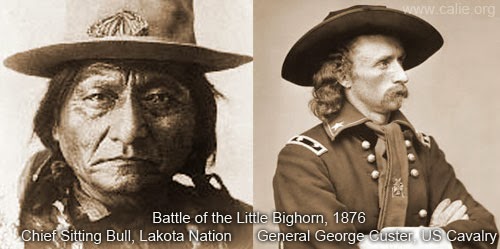Today, Samuel Hopkins Adams is commemorated for having been a successful American writer and an individual who publicly spoke out against health issues. He was born in Dunkirk, New York on January 26,1871. In 1887, at age sixteen, Samuel Hopkins Adams went to Hamilton College. He worked for the New York Sun, a politically conservative newspaper published between 1833 and 1950, for several years. He married his first wife, Elizabeth Ruffner Noyes in 1898, with whom he had two daughters. in the year 1900, Adams began to work with the McClure's Magazine. There he met Ray Stannard Baker, a journalist and muckraker. A muckraker is a "reform-minded journalists who wrote largely for popular magazines and continued a tradition of investigative journalism reporting”.
 Samuel Hopkins Adams became a muckraker and began to speak out about public health issues in the United States. In 1905 Adams joined an American magazine founded by Peter Collier called Collier’s Weekly. During the span of time for which he was employed by this magazine, Adams published several articles focusing on the patent medicine market. Eleven articles to be exact. Patent medicine is defined as, “compounds promoted and sold as medical cures that do not work as promoted”. Samuel Hopkins Adams is credited for having contributed to the introduction of the Pure Food and Drug Act of 1806 in the UNited States. This act required labels containing ingredients on food, and it prevented the making and selling of poisonous food, liquids, or drugs.
Samuel Hopkins Adams became a muckraker and began to speak out about public health issues in the United States. In 1905 Adams joined an American magazine founded by Peter Collier called Collier’s Weekly. During the span of time for which he was employed by this magazine, Adams published several articles focusing on the patent medicine market. Eleven articles to be exact. Patent medicine is defined as, “compounds promoted and sold as medical cures that do not work as promoted”. Samuel Hopkins Adams is credited for having contributed to the introduction of the Pure Food and Drug Act of 1806 in the UNited States. This act required labels containing ingredients on food, and it prevented the making and selling of poisonous food, liquids, or drugs.  Despite the fact that the Pure Food and Drug Act of 1806 had been established, in 1911, the Supreme Court ruled that label falsification was unacceptable only when it came to medication. This decision made it easy for useless products to be sold once again. Adams, was determined to bring out the truth and once again published various articles on false advertisement by various companies.
Despite the fact that the Pure Food and Drug Act of 1806 had been established, in 1911, the Supreme Court ruled that label falsification was unacceptable only when it came to medication. This decision made it easy for useless products to be sold once again. Adams, was determined to bring out the truth and once again published various articles on false advertisement by various companies.





